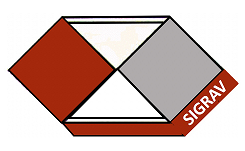Speaker
Description
In this talk I will present a fully Bayesian parameter-estimation pipeline to measure the properties of inspiralling stellar-mass black hole binaries with LISA.
Our strategy (i) is based on the coherent analysis of the three noise-orthogonal LISA data streams, (ii) employs accurate and computationally efficient post-Newtonian waveforms –accounting for both spin-precession and orbital eccentricity– and (iii) relies on a nested sampling algorithm for the computation of model evidences and posterior probability density functions of the full 17 parameters describing a binary. We demonstrate the performance of this approach by analyzing the LISA Data Challenge (LDC–1) dataset.
In addition, we report on the successful recovery of an eccentric, spin-precessing source at signal-to-noise ratio 15 for which we can measure an eccentricity of $3×10^{−3}$ and the time to merger to within ∼1 hour.

